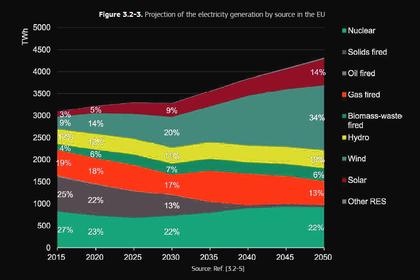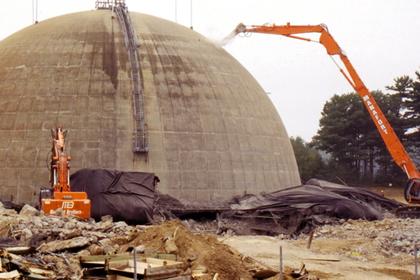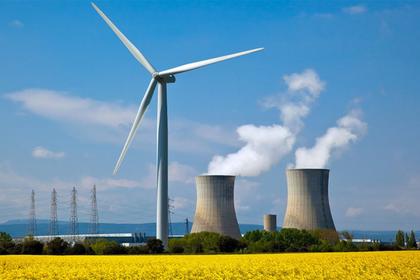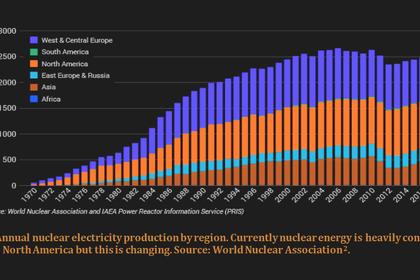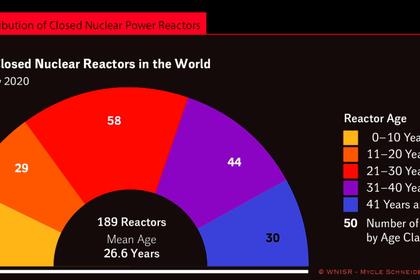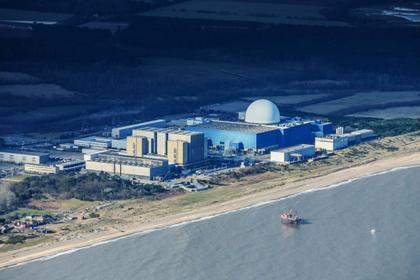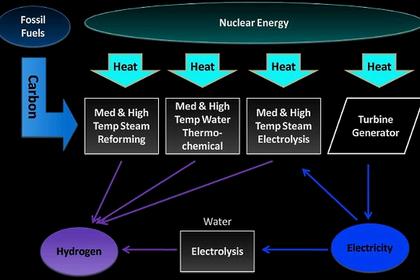
NUCLEAR FOR MOROCCO
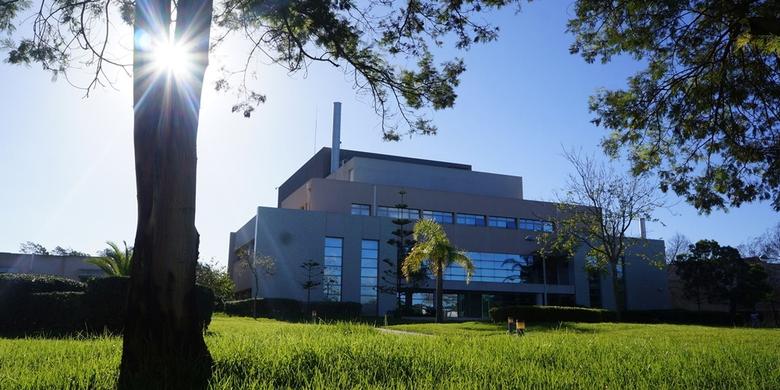
N- 30 March 2021 - Morocco’s Minister of Energy, Mines and the Environment, Aziz Rabbah, on 23 March inaugurated Morocco’s first national Training Centre in Nuclear Science and Technology as an extension of the National Centre for Nuclear Energy, Sciences and Techniques (CNESTEN) in Maamora, near Rabat The new centre aims to equip Morocco’s nuclear scientists with the necessary skills to be qualified to safely and sustainably use nuclear techniques. It also seeks to strengthen regional capacities in Africa in the field of nuclear sciences and related technologies, within the framework of international and regional cooperation programmes.
CNESTEN is a collaborative centre to the International Atomic Energy Agency (IAEA) specialising in the use of nuclear techniques in the management of water resources, protection of the environment, and industrial applications. CNESTEN is also recognised as a “centre of excellence” by the African Nuclear Threat Initiative, which brings together 40 African countries.
Rabbah stressed that “the opening of the Training Centre and the IAEA’s recognition of CNESTEN, are two major achievements”, He added that the centre welcomes international cooperation by offering training to researchers and professionals from several countries in Africa. “Morocco is making great strides in terms of nuclear applications in peaceful areas,” Rabbah said. These include industry, health, food, agriculture, water, geology, and mining. However, as Morocco relies on other energy-generating resources such as solar, wind, and hydropower, it does not need nuclear power to generate electricity.
CNESTEN provides annual training to around 200 executives and technicians, supports and supervises doctoral training and theses.
In terms of support to the African region, CNESTEN has, over the past ten years, deployed more than 300 technical expertise missions and organised training courses for the benefit of more than 1,000 professionals. It has also hosted more than 600 individual internships and scientific visits, making it Africa’s leading nuclear institution in terms of training and expertise development.
Meanwhile, CNESTEN’s Director-General, Khalid El Mediouri, said that the centre is a continental go-to destination for partner countries seeking expertise and training and also to perform analysis of samples. Presenting the centre’s “strategic vision”, El Mediouri said the new facility aims to achieve four goals by 2030. These include: strengthening and expanding the uses of nuclear sciences and techniques in sector strategies and programmes; enriching national human capital in the field of nuclear sciences and technologies; strengthening operational nuclear and radiological safety and security at the national level; and consolidating CNESTEN’s position at the regional level in nuclear science and technology.
Longer term plans include the establishment of an ionisation station with a wide spectrum of applications such as the preservation and extension of the shelf life of food products or the sterilisation of single-use medical devices, or even improvement of the physiological and chemical properties of a set of industrial products. There are also plans to increase the production of radiopharmaceuticals “This project comes after the finalisation of all the stages necessary for the local production of radioactive iodine using the nuclear reactor at the centre,” he said. CNESTEN has also started developing partnerships in this area with foreign centers and institutions, particularly in France, Belgium, Hungary and Canada, he added.
-----
Earlier:
